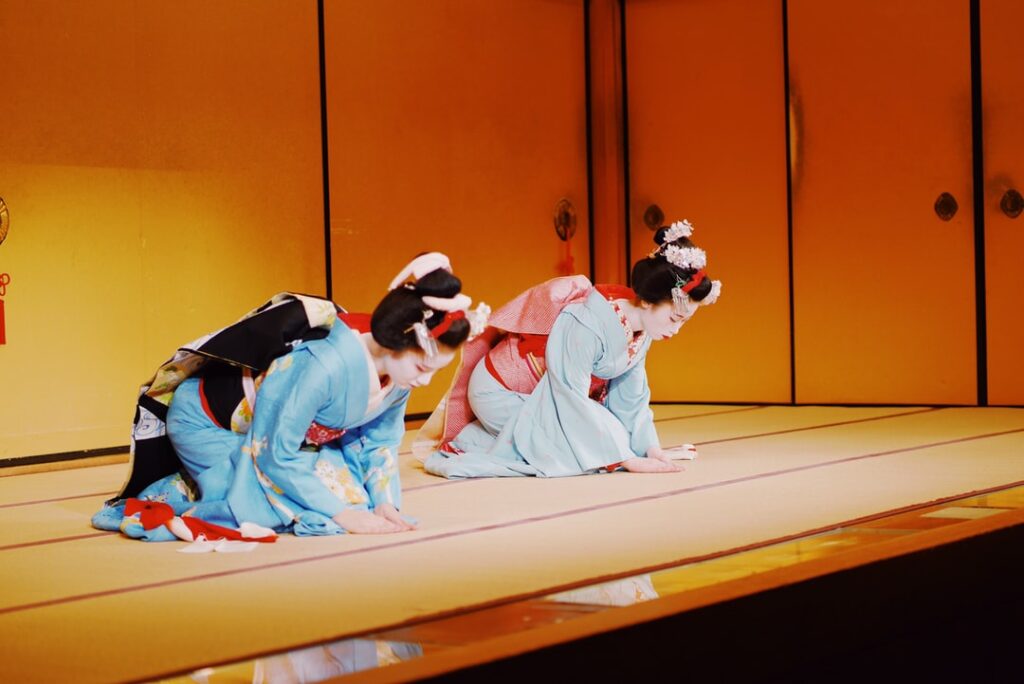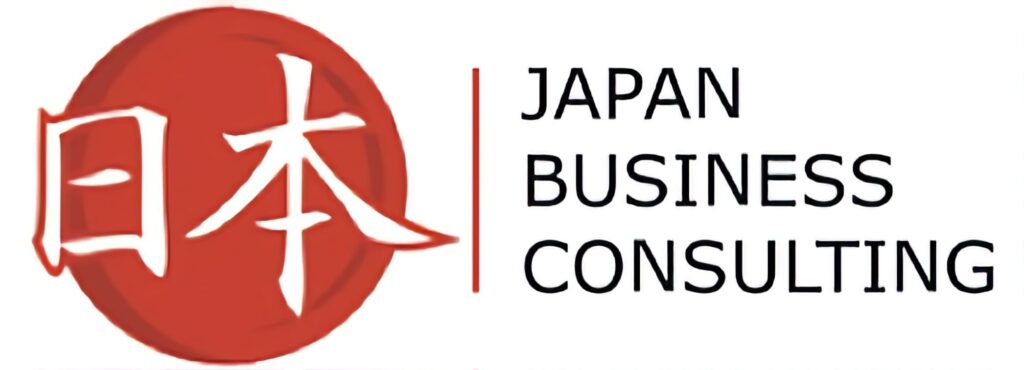The Importance of Formality in Japan
Written by Erich Ahorner

Formality is linked very closely to what is perceived as politeness.
Those from European countries may feel more familiar with Japanese-style formality, but in countries such as the United States, Canada or Australia this level of formality is not
the norm.
In Japan, there is a sense of formality that is unanticipated by most foreigners.
The most formal meeting I have ever attended in Japan was when I met a member of the Japanese imperial family. We were a small group of Europeans that were involved in Japanese cultural exchange, and although we were all proficient in Japanese, still received a half day course on certain etiquette and language to be used at the meeting.
To give you an even more extreme example, when a new Ambassador arrives in Japan, they go to the imperial palace to present their credentials. For these visits, you first go to a special waiting room at Tokyo Station and are then taken to the palace by horse-drawn carriage, led by a mounted escort. There are numerous points of protocol to follow when greeting the Emperor.
How you walk, stand, move, speak, and sit are all important.
In both cases, formal beyond words is how I would describe the atmosphere.
The second-most formal meeting I have been to in Japan was at the annual reception of suppliers of a large construction machines company in Tokyo.
I was introducing several CEOs of western suppliers to the Board of Directors of the Japanese Company. Construction machines business in Japan was a large one, and a big buyer of western technology.
They had the entire rank of senior management turn out for the reception. Even the Chairman of the Board was there, so it was a very stiff affair and the business card exchange was a complete ceremony in itself.
The formality was quite breath-taking. I never expected that a meeting for manufacturing company I was working for back then could be that formal, but it was a very serious affair, because of the “God" status of the Japanese Chairman of the Board and the presence of so many visiting foreign CEOs.
In the minds of the Japanese staff at the meeting, they were being polite, and the way to do that was through formality.
There are levels of politeness in Japan with the accompanying formality.
Even simple things such as how you sit. I had an embarrassing experience when I was attending a business meeting with a western CEO and his counterpart from the Japanese business partner.
Picture this: The Japanese is sitting straight in his chair, with a 5 inch gap between his spine and the back of the chair, very formal and upright while doing his best to use the best English he could for the company presentation.
My western CEO visitor, by contrast, was sitting there with his legs kicked out in front of him, sprawling back in his chair, taking in the presentation he was given like he was on his couch at home watching a football game.
The contrast was stunning. The formality/politeness construct comes straight into play here.
Is lounging around in a formal meeting polite in a Japanese context?
Was my western CEO showing any respect for the Japanese side? I don't think so.
After the meeting, I tried to address the subject of required formality in Japan with my visitor in a subtle way, but I failed. The awareness gap was too wide to understand it.
Japans politeness is linked to formality and thoughtfulness, Japanese people are very, very thoughtful. Miami in South Florida of the US, where I live now, is so much more easy-going, informal, and casual, so sometimes it is hard to get your head around Japanese formality.
The thoughtfulness thing is also surprising, too.
What are you doing to be thoughtful in business with your clients? What can you do for them?
When you go into the meetings, be more formal than normal.
It will be seen as polite.
You might think your city is the casual capital of the universe, 'so they shouldn't be so hard on me'. That is fine where you are from, but Japan is different.
That is until however, when you go out drinking together.
Most of what I mentioned above flies out the window.
It is extremely informal, but only because it is the correct environment for that informality and Japan doesn't mix it together.
The problem with a lot of informal countries, is that we tend to want to mix them together, to be informal when we should be trying to be formal.
If you say, “No, I want to do it my way, this is how we do it in my country, I am not going to be Japanese about this," then good luck with that approach.
Let me know how that is working out for you! I wouldn't recommend it.
I suggest you try to be seen as polite in a Japanese context, and that means being a lot more formal than would normally be the case in a business setting.
You will never be Japanese. Ever. You will just never be considered Japanese by the Japanese, no matter how long you live there. Trust me. But you will be considered polite from their point
of view, their reference point.
We have to be conscious of that and maybe uplevel the formality a bit to fit in at least during work
ing hours. After work, we are all champions of informality; so we already have that part down.
Did you ever have the feeling you could use more formality for your business success but not sure how?
Schedule a call for a free solution:

Erich Ahorner
Erich Ahorner helps people enter the Japanese market and grow their businesses. He is an expert at helping people with market entry using online and offline methods and trying to break down necessary steps to make things simple to understand. If you're interested in growing your business or entering a new market to and increase sales then definitely reach out and request a free strategy session today.
Menu
